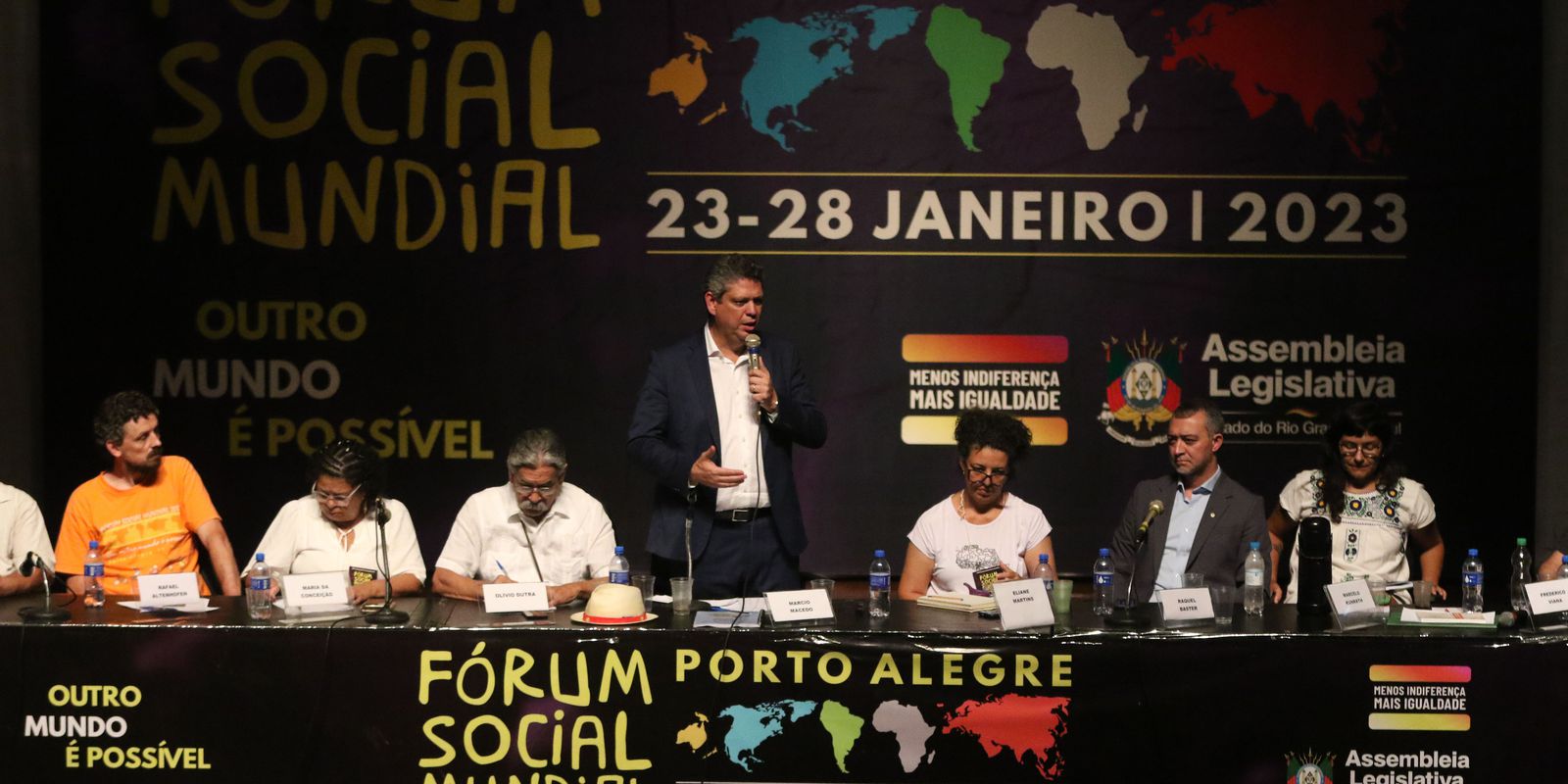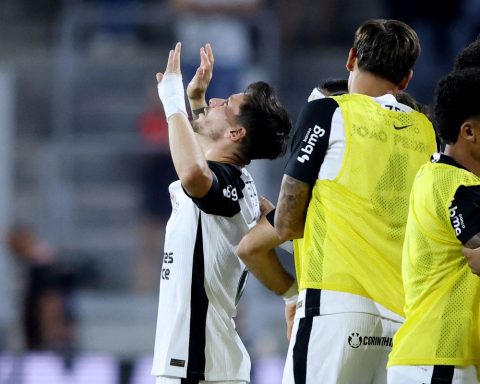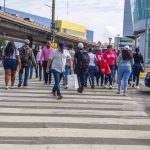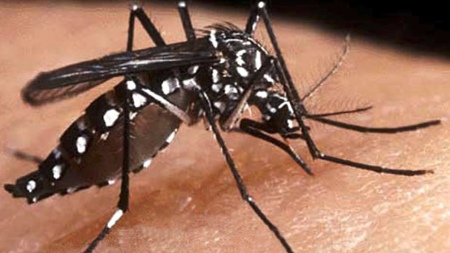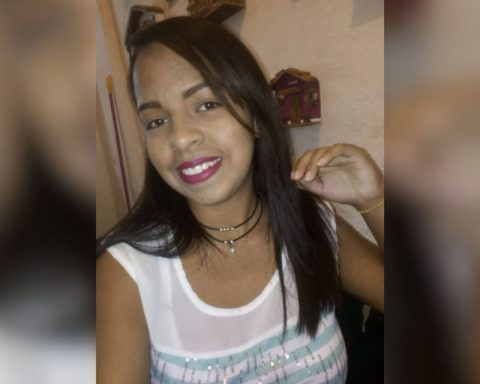President Luiz Inácio Lula da Silva should launch, on January 31st, the Brazil Council for Social Participation, composed of entities that were in the Government’s Transition Cabinet, as well as the Interministerial System for Social Participation. the announcement was made today (27) by the Minister of the General Secretariat of the Presidency of the Republic, Márcio Macedo, at the World Social Forum.
The minister was a member of the Participatory Democracy and Social Control panel. The portfolio will be responsible for the Lula government’s participation system. Macedo highlighted that he intends to spend the next four years listening to social movements and the population, “so that the people can put their fingerprints on President Lula’s public policies.”
“We don’t want social movements as a transmission belt for the government, just to transmit public policies to the population. We want real participation and social control. We also want to create the bases for a participatory budget, but this is more complicated at the federal level”.
Macedo cited the example of the participatory budget carried out in Porto Alegre at the time when PT Olívio Dutra was mayor. He also recalled the interruption of the country’s social mechanisms from the impeachment by President Dilma Rousseff in 2016.
“Our history is marked by authoritarian and democratic moments. Our young democracy marked by social pacifications, which were the basis for the 1988 Constitution. They are the landmark of this participatory democracy, which were implemented and encouraged in the Lula and Dilma governments, and interrupted by the coup”.
Macedo also announced the resumption of the National Food Security Council (Consea), a body linked to the Presidency of the Republic and extinguished in 2019 by the government of Jair Bolsonaro.
Advices
Professor at the Federal University of Rio Grande do Sul (UFRGS) Marcelo Kunrath Silva, member of the Associativismo, Contestação e Engagement Research Group (Gpace) recalled that participation and social control bodies have been continuously dismantled since 2016, but that there has never been a strong engagement of the population as a whole to occupy these spaces of participatory democracy.
“The issue of participation, we all agree that it is important. But what participation do we want? Because the dismantling that the Bolsonaro government promoted in participatory spaces had practically no response from the social sectors, in addition to the actors involved. There was no clamor for social participation. Therefore, there is a need to dispute the place of social participation and debate its role in the left-wing political project”.
The militant of the Movement of Unemployed Workers (MTD) Eliane Martins highlighted the importance of investing in basic political training and in the practice of participation in public policies, starting locally, in order to achieve the desired social control.
“We will to have to build mediations for to have conditions to create the terrain of participation. We have to think of guidelines: prepare militancy for the electoral and popular struggle combined in their contradictions. It’s militancy in the street, done together, a collective construction without white men in charge, we have to to have new thoughts. We are going to open a popular committee on every street corner, on whatever topic we want. Without haste and without pause, we are going to rebuild Brazil with the Brazilian people”.
EBC
A member of the National Forum for the Democratization of Communication (FNDC), Edmirson Medeiros highlighted the importance of immediately restoring the Board of Trustees of Brazil Communications Company (EBC). The body was one of the first to be extinguished by Michel Temer, as soon as he took over the presidency of the Republic in 2016.
“We need immediate restitution from the Board of Trustees of the EBC. It is a priority for Brazil to have real public communication. The social participation in EBC it represents everything we want, with all regions, ethnicities, movements, so that everyone can voice their voice within the council. It is inadmissible that we are in the day January 27th and the council has not been redone”.
Medeiros recalled the interventions made in the EBC by the Temer government and deepened by the Jair Bolsonaro government, such as the unification of the TV Brazilof courseto have public, with the TV NBRgovernment communication, in addition to censorship and other changes in the schedules of radio stations and the Brazil Agency.
“Civil society is anxiously awaiting this process. We know that everything is a priority, there is health, education, food security. But through communication we will be winning hearts and minds in this country, as happened with fascism”, said Medeiros.
